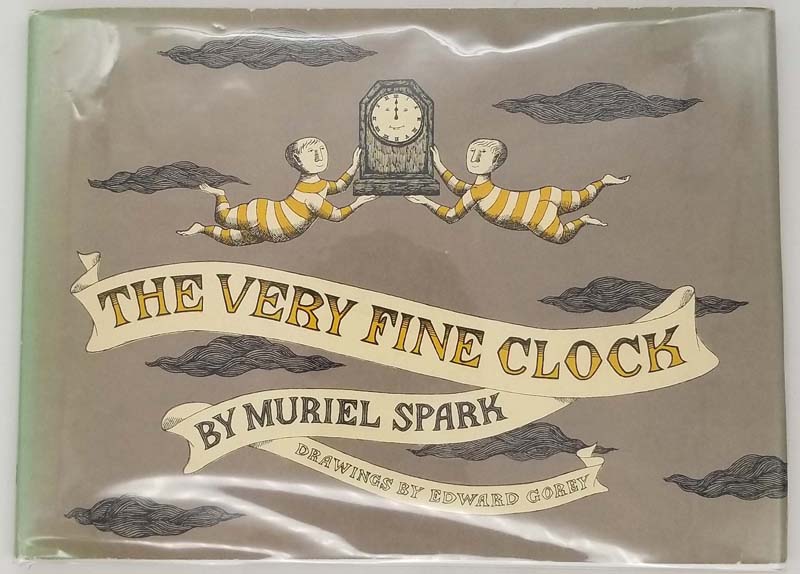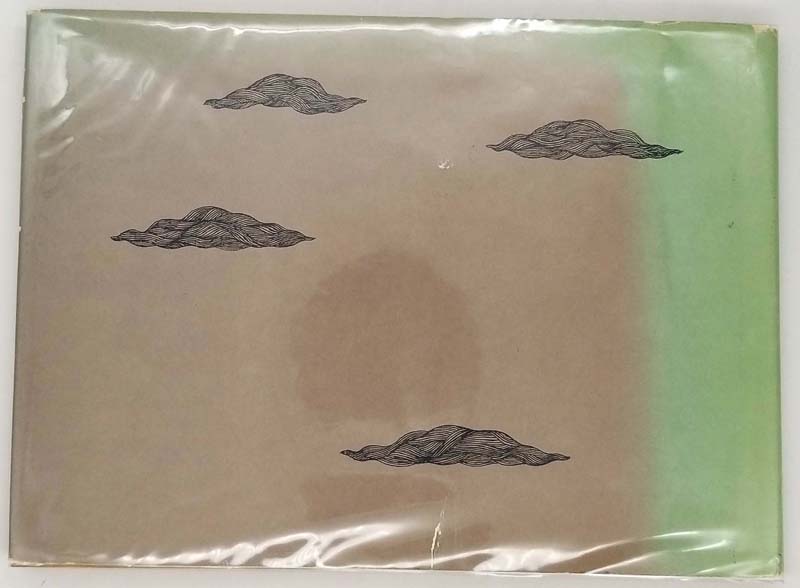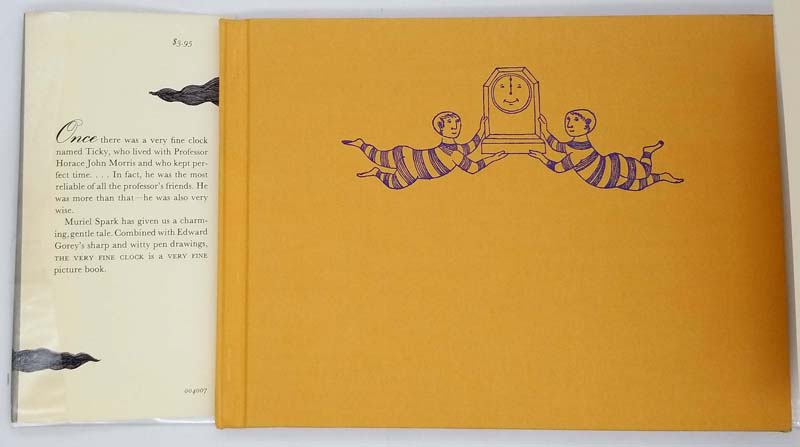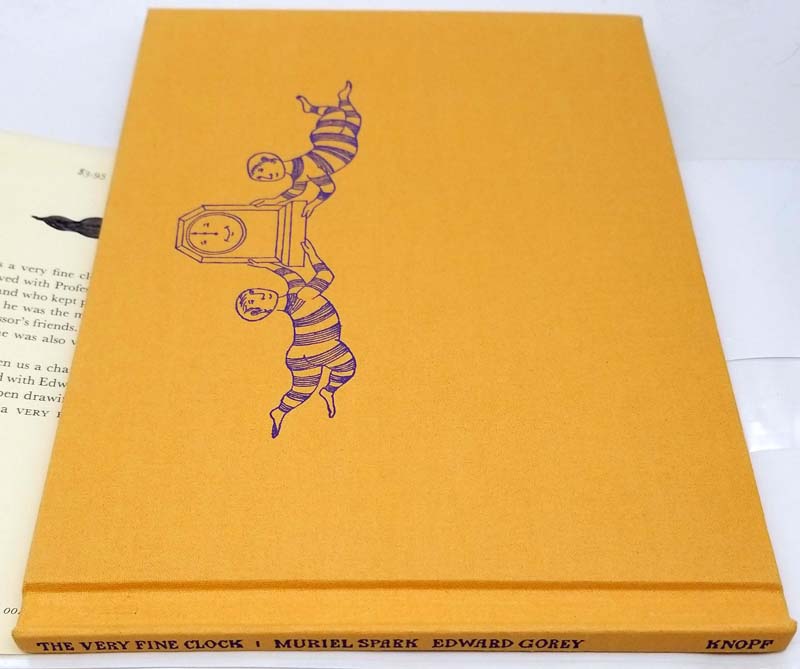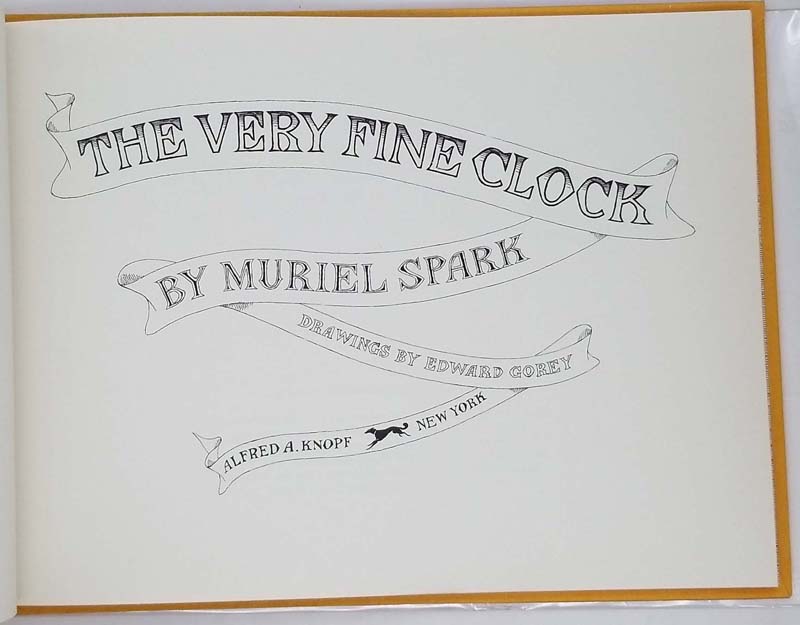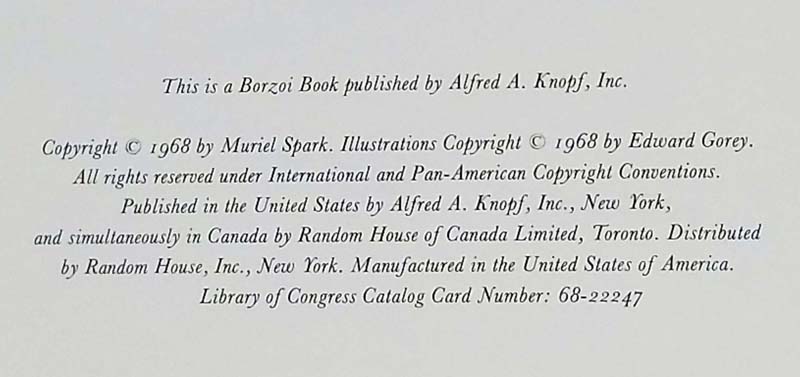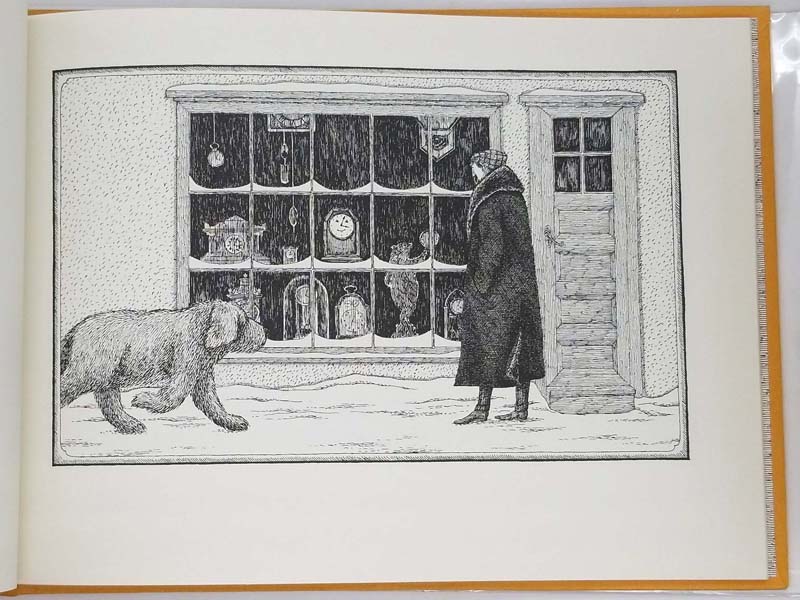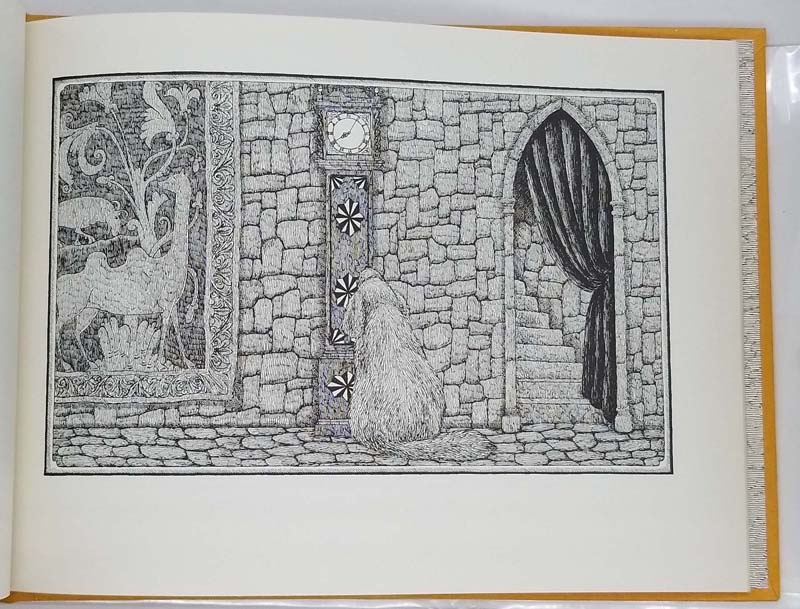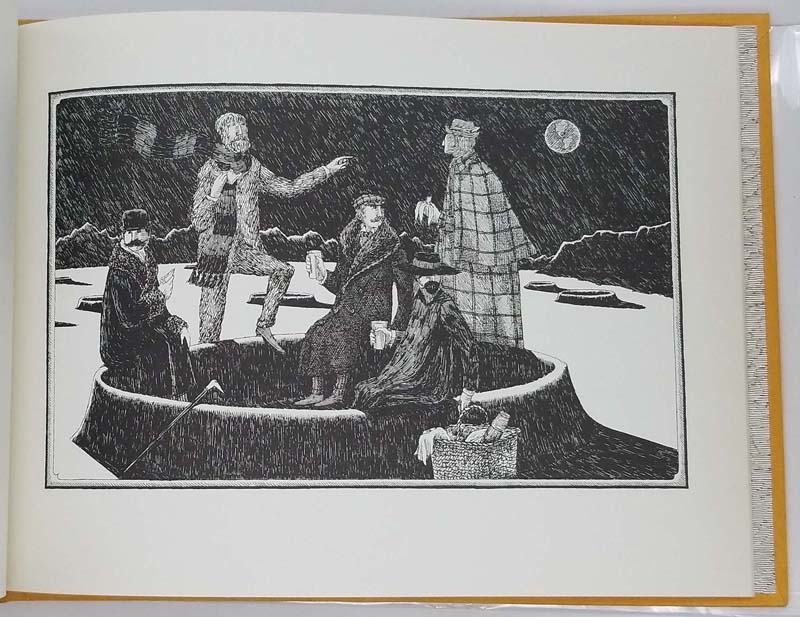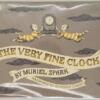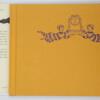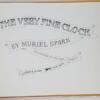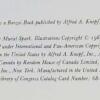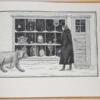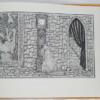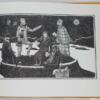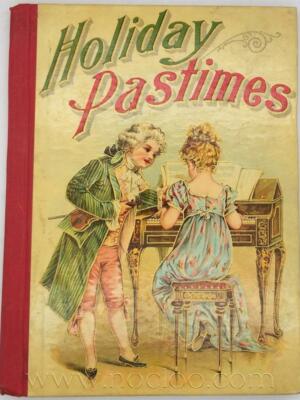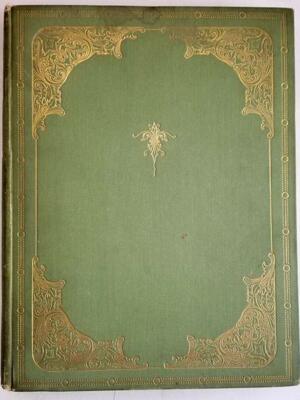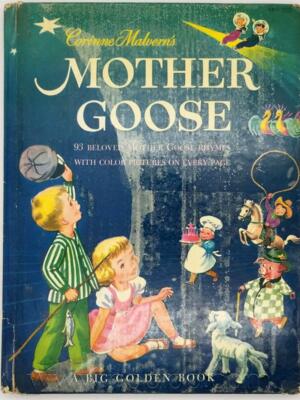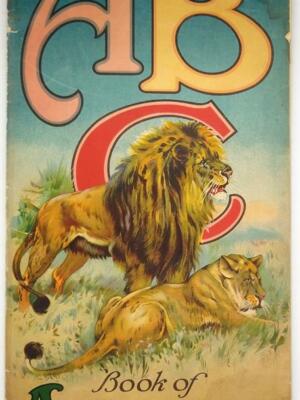The Very Fine Clock by Edward Gorey is a minimalist yet mesmerizing meditation on time, mortality, and the quiet absurdity of existence, rendered in the artist’s signature crosshatched style. The book follows the titular clock—an ornate, anthropomorphized timepiece—as it presides over a series of surreal, seemingly disconnected vignettes: a tea party interrupted by a falling anvil, a figure vanishing into a trapdoor, a procession of umbrella-toting mourners in a rainstorm.
Gorey’s spare, deadpan narration (“The very fine clock struck twelve. Something was not right.”) amplifies the unease, suggesting a world where time is both meaningless and merciless. The clock itself, with its exaggerated Roman numerals and looming presence, becomes a silent witness to the unfolding strangeness, its ticking a metronome for existential dread.
Like Cobweb Castle, this is Gorey at his most abstract, where narrative dissolves into atmosphere. The “plot” is less important than the cumulative effect: a sense that life, like the clock’s mechanics, is both precise and utterly inexplicable.
“Gorey’s clocks don’t tell time—they ask why we bother counting it at all.” — The Paris Review
